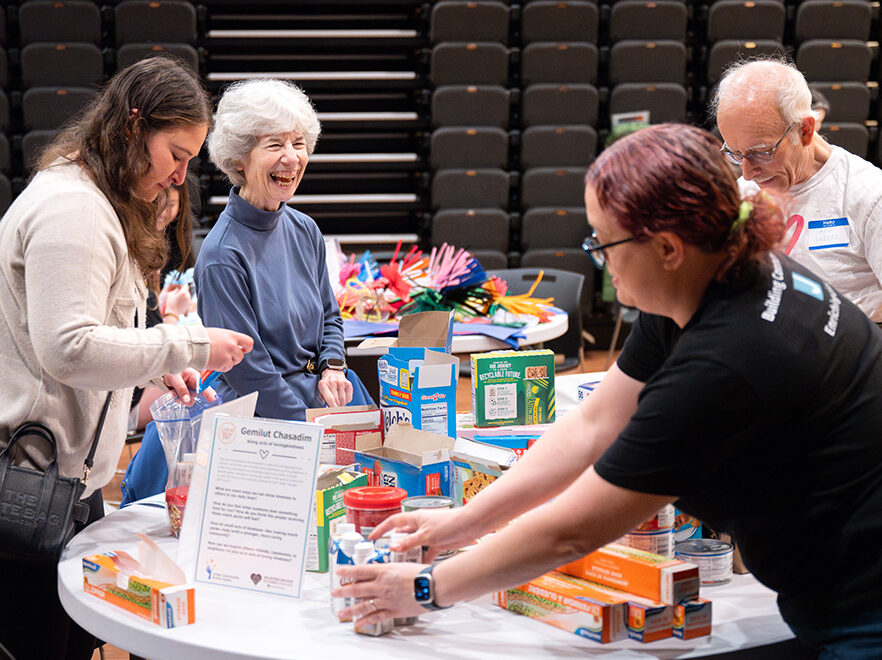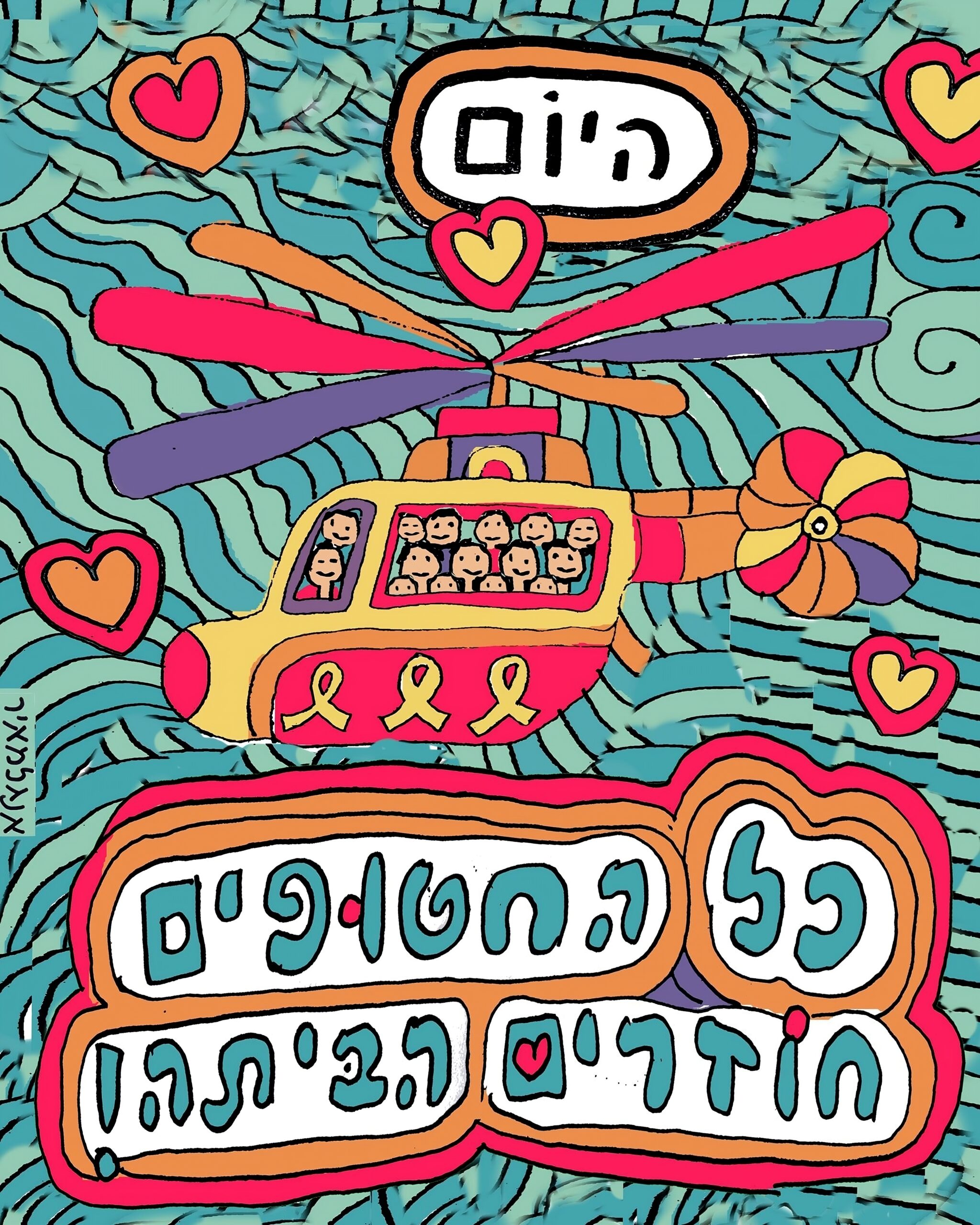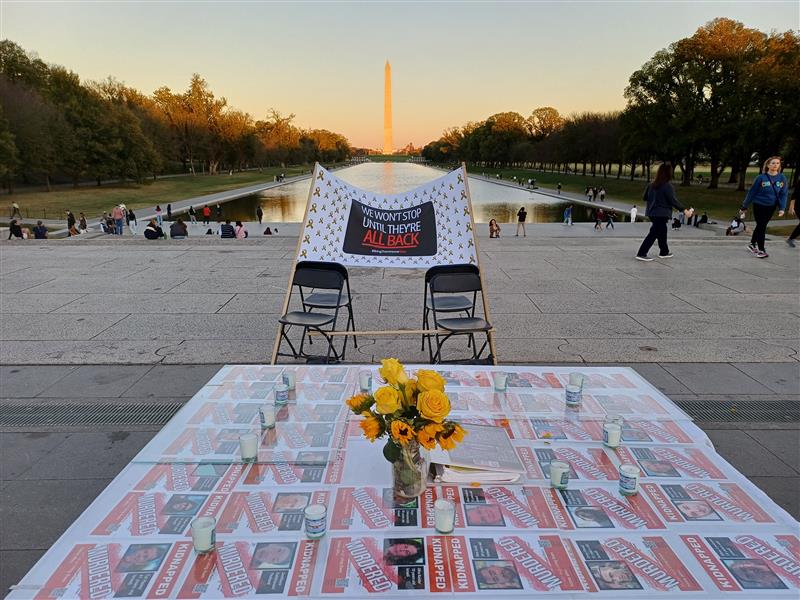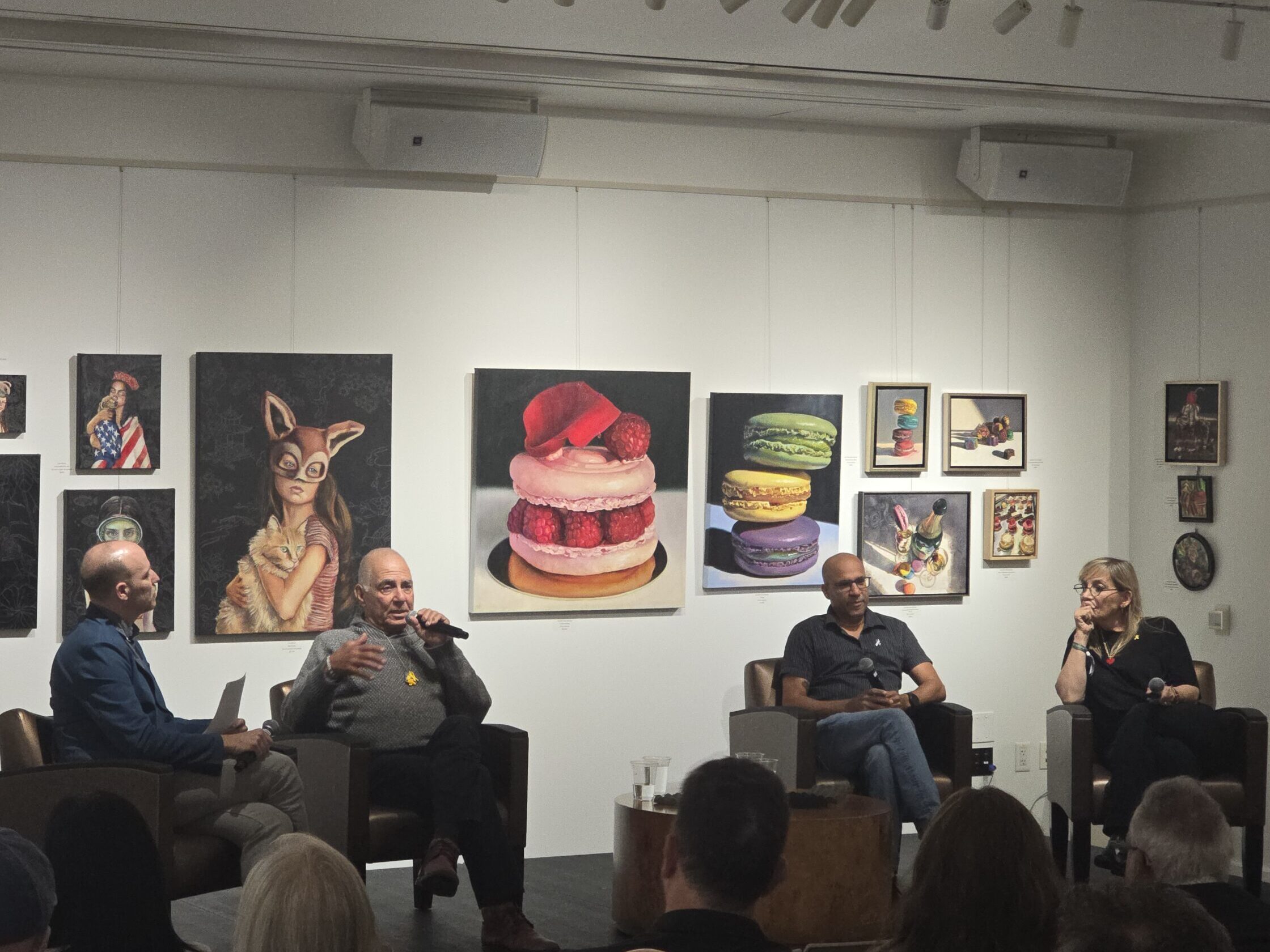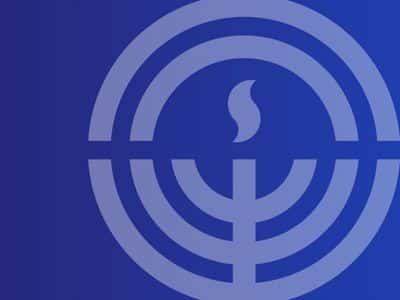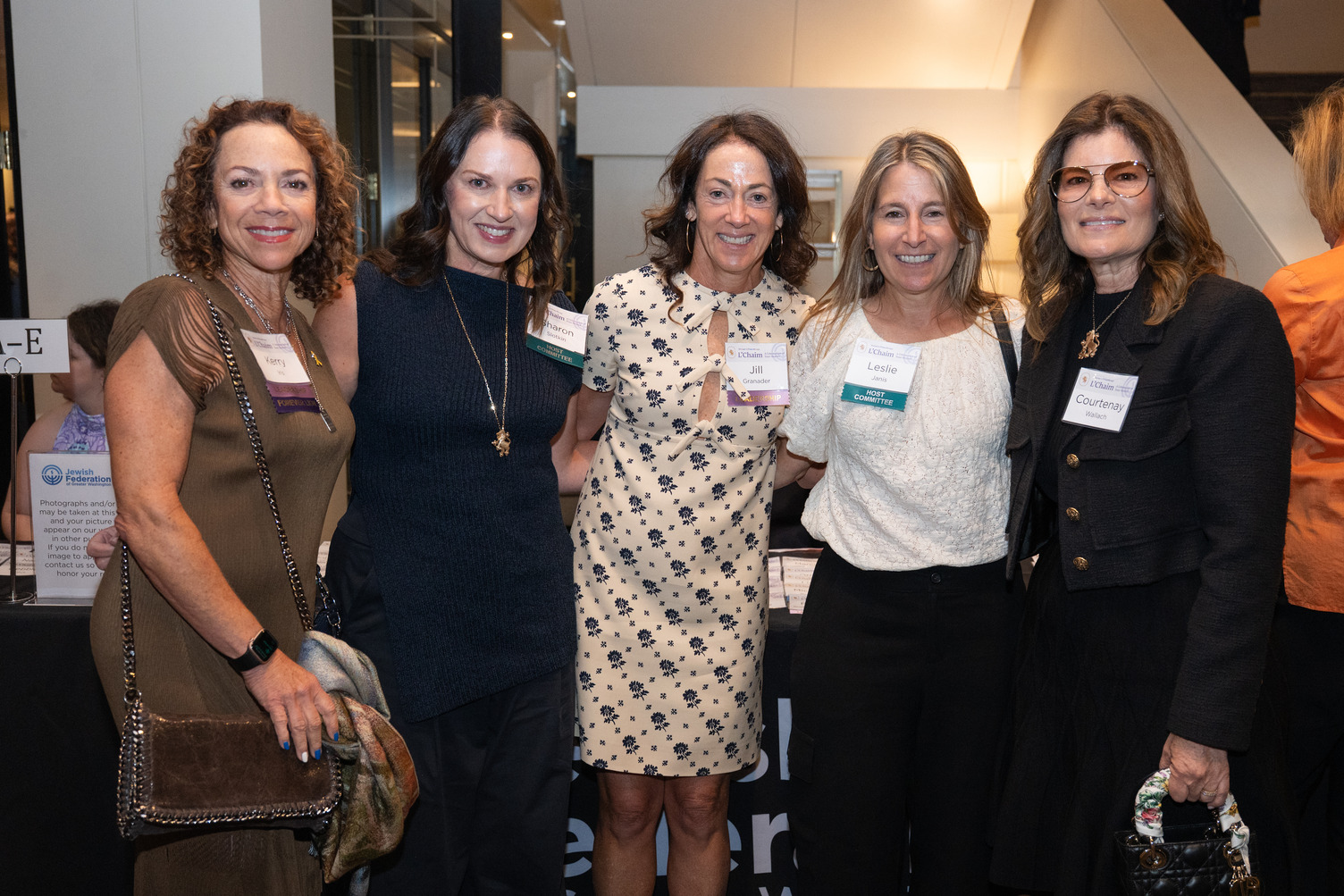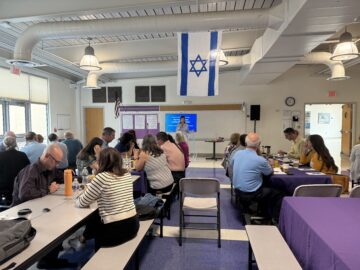Building a Stronger Jewish Future
DonateThe Jewish Federation of Greater Washington
Inspiring a Strong, Connected Jewish Community
Across DC, Northern Virginia, and suburban Maryland, we bring people, organizations, and resources together to take on our community’s biggest challenges. As a hub for bold ideas and collective action, we empower Jewish Greater Washington to imagine what’s possible and shape what’s next.
We’re building a vibrant Jewish future—rooted in care, belonging, and bold purpose. A future where every person feels seen and supported. Where Jewish learning thrives, Jewish peoplehood and Israel are embraced, and our values come to life in the ways we lead, give, and show up for one another.
What We're Focused on Right Now
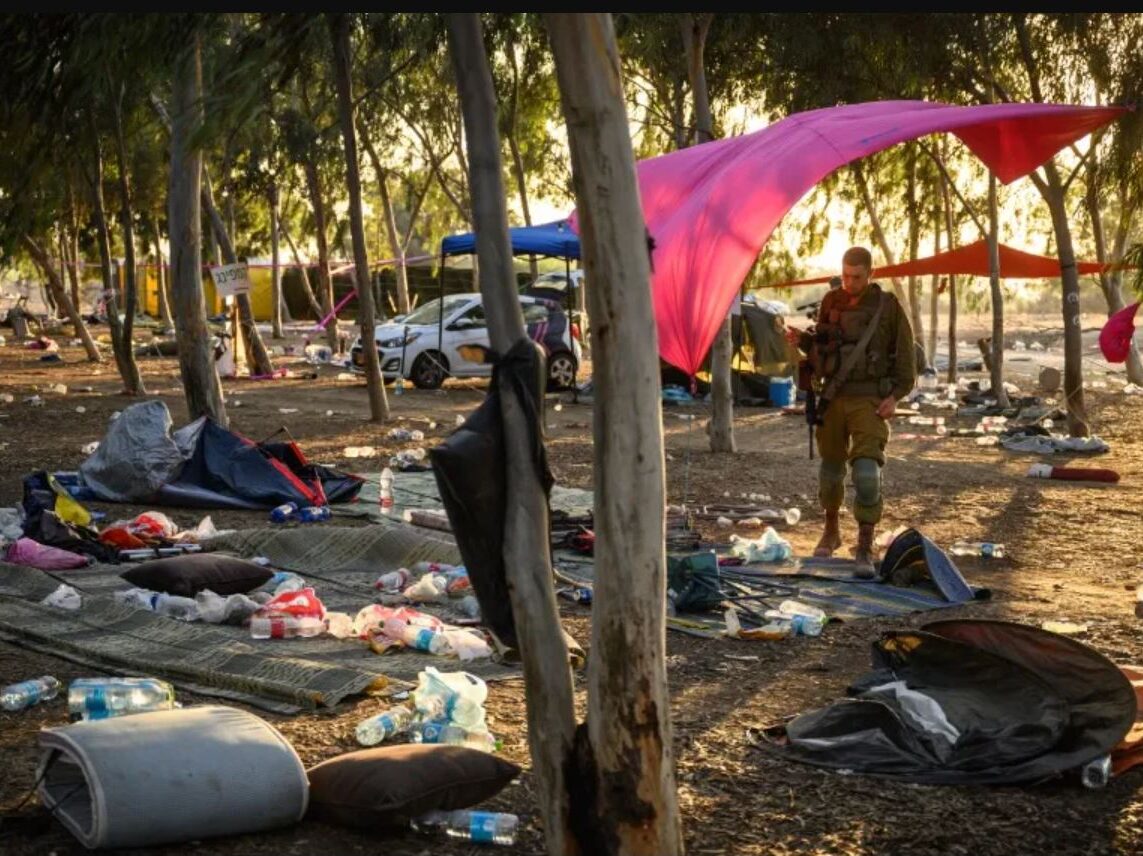
Marking October 7
October 7 changed us forever. This October, we gather in remembrance, ritual, and action—carrying resilience and commitment forward.
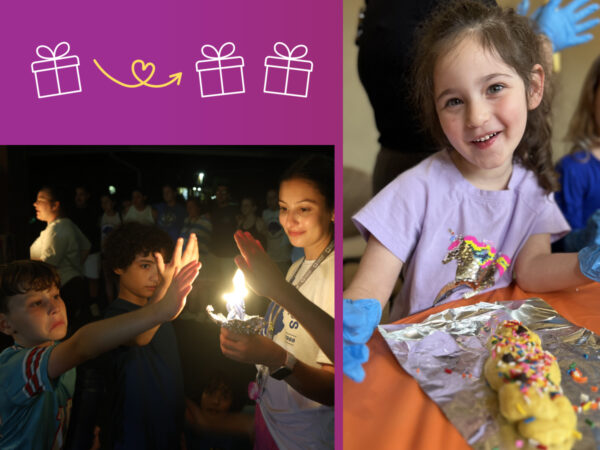
Double the Impact!
Because of you, Jewish life is thriving with strength and connection. And now, every gift is doubled up to $50,000 when you give by October 31. Give now to double the joy, security, and connection we create together.
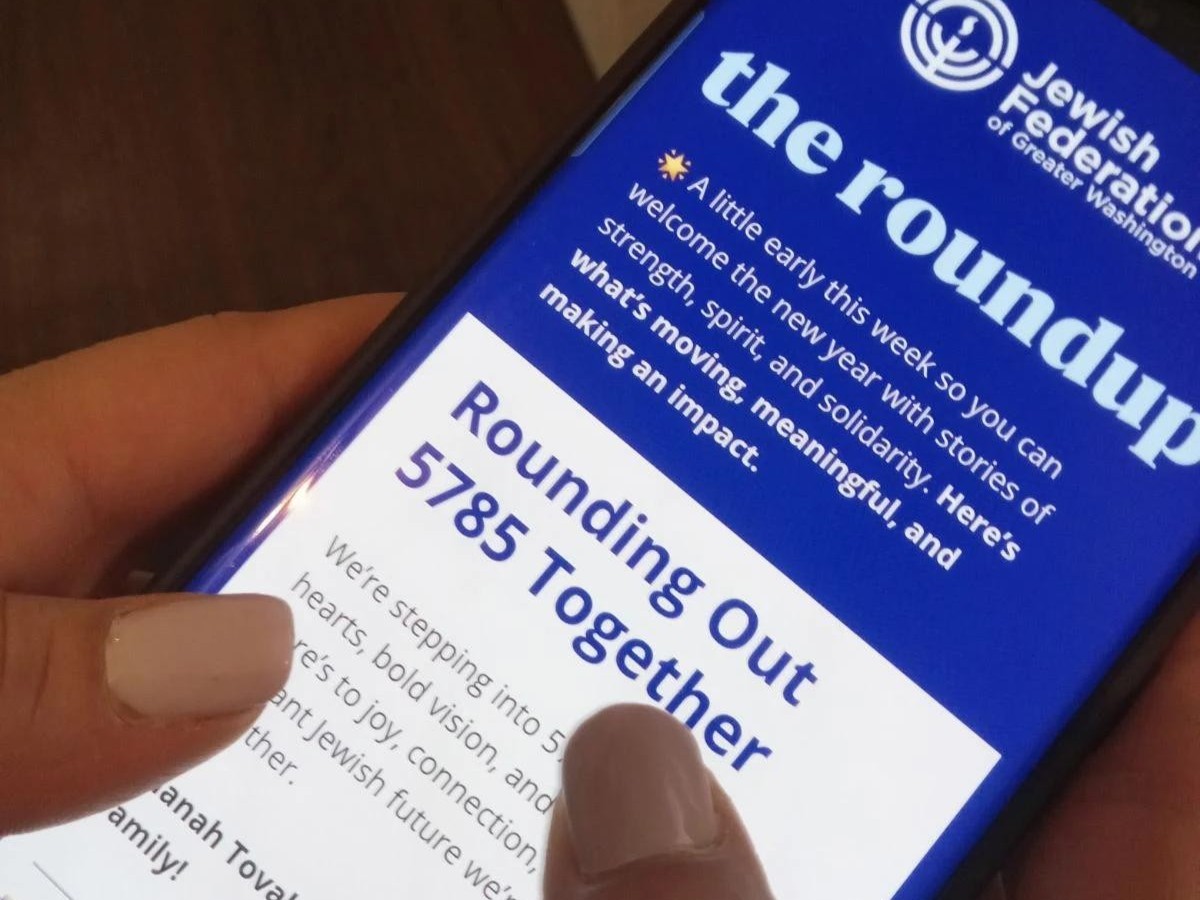
Catch the Roundup
Whether you’re planning your weekend, exploring ways to give back, or catching up on community news, you’ll find something meaningful here.
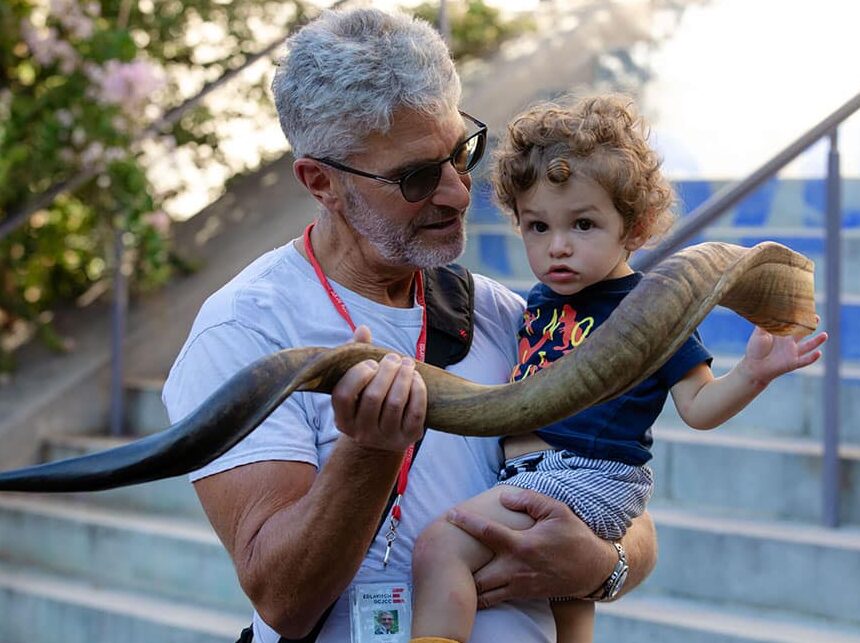
High Holidays in Greater Washington
Reflect, reconnect, and renew your spirit with community events for Rosh Hashanah, Yom Kippur, Sukkot, and Simchat Torah.
Stronger Together: Our Impact in Action
Ongoing Initiatives
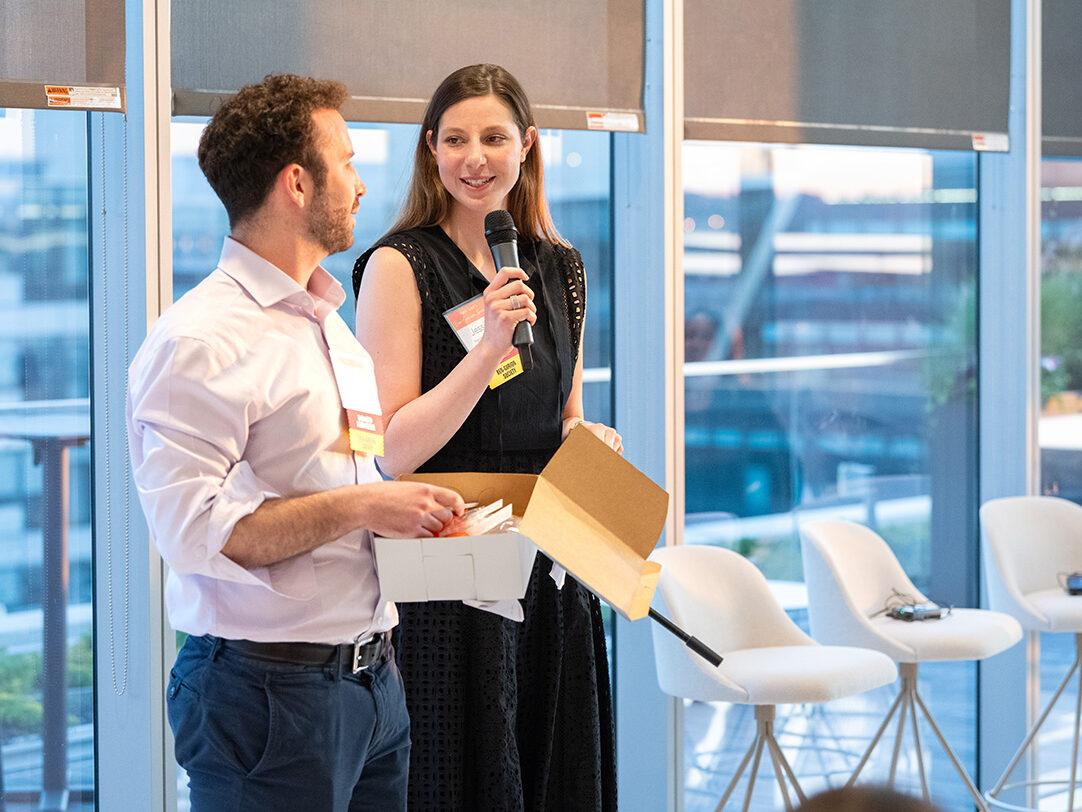
Empowering leadership
We’re dedicated to identifying and nurturing Jewish leaders across Greater Washington, providing a variety of experiences to help them grow and lead.
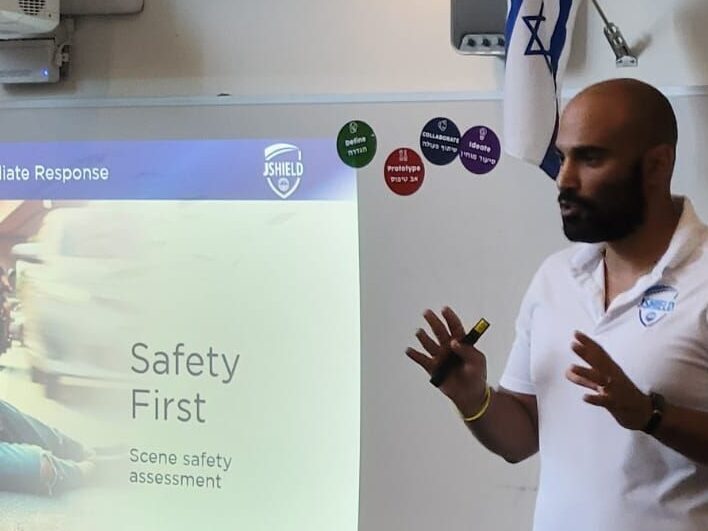
Securing our community
Through expert assessments, grant support, training, and trusted partnerships, JShield, our community security initiative, works hand-in-hand with Jewish organizations across Greater Washington to build a culture of security rooted in care and confidence.
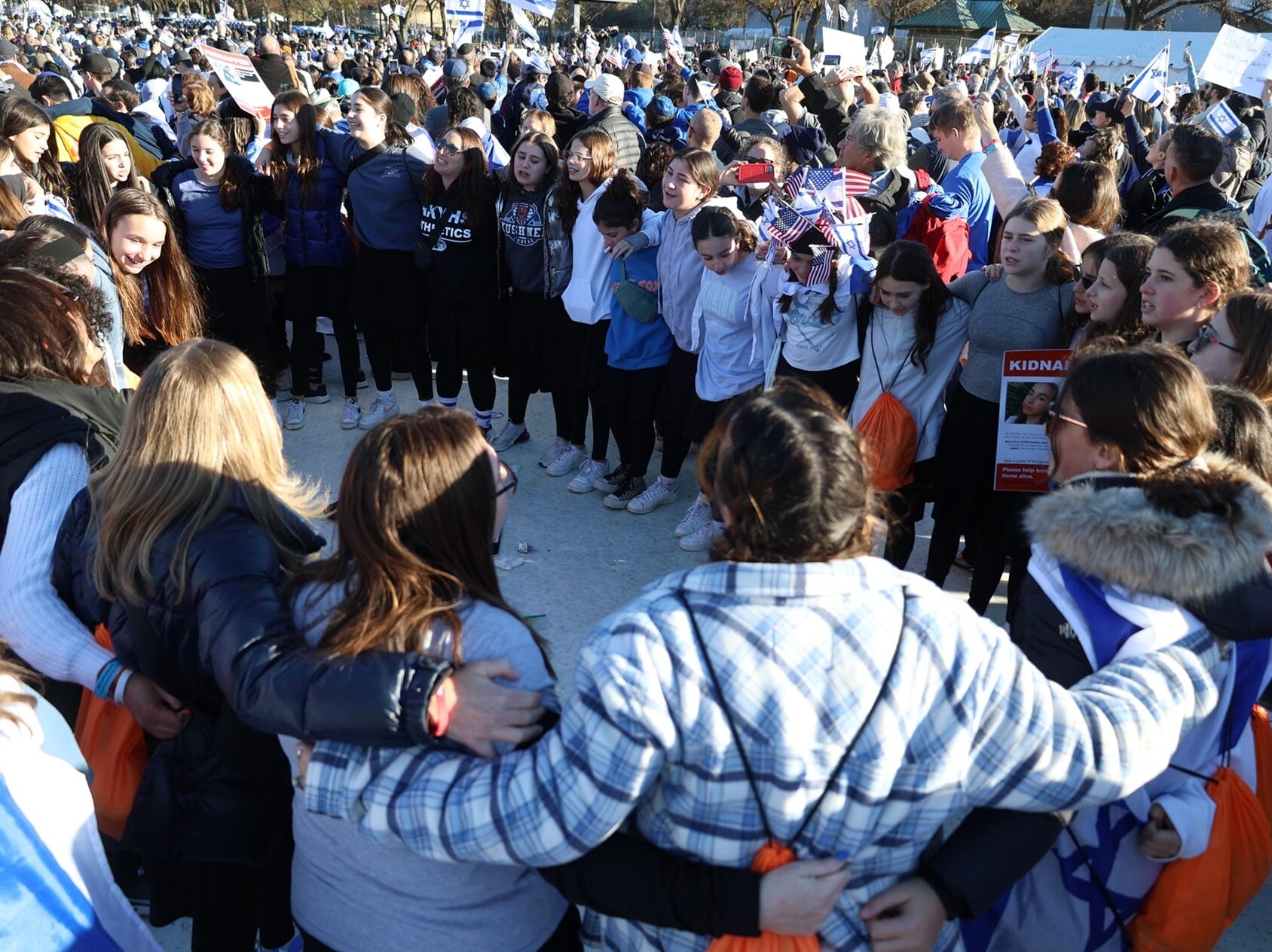
Combating antisemitism
Together with community leaders, partner organizations, and you, we are transforming fear into focus, and frustration into forward momentum.
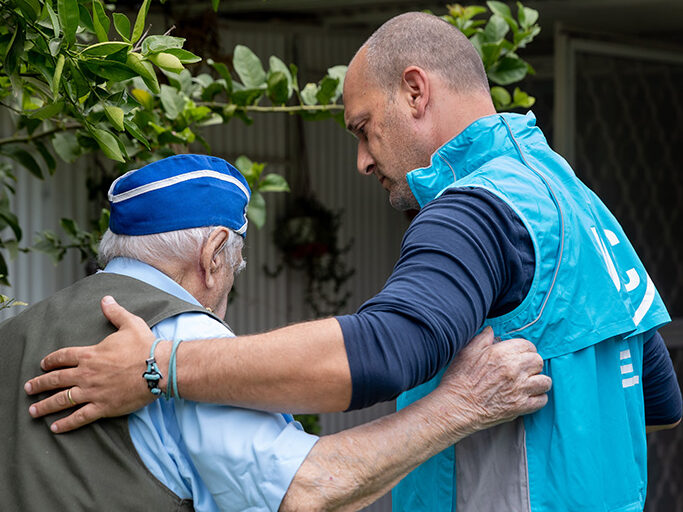
Responding to crisis
Whether it’s a natural disaster, local challenge, or geopolitical emergency, we’re ready to respond quickly, thoughtfully, and with care, clarity, and action.
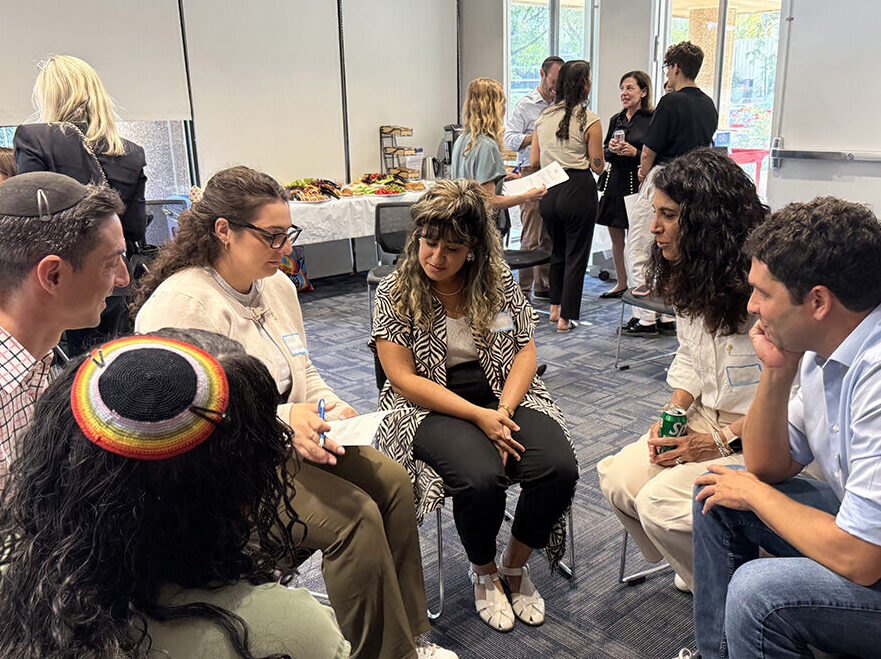
Connecting with Israel
Through our Community Shlichim and Hands-On Israel programs, we’re proud to create opportunities for our community to connect with Israel on a deeper level—understanding its challenges and building lasting relationships with Israelis from all walks of life.
Upcoming Events
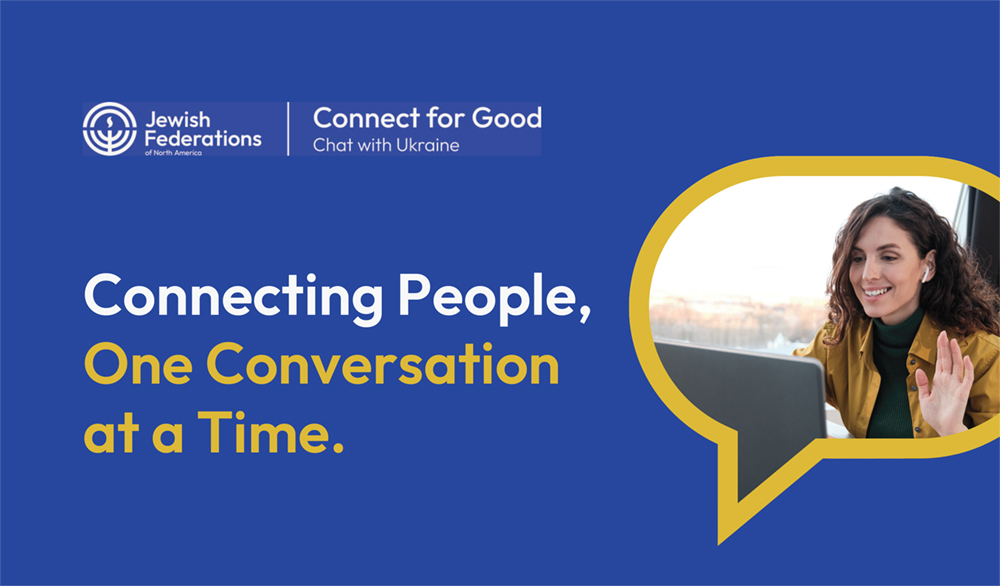
-
Virtual
-
Monday, October 6
A virtual volunteering initiative that pairs English speakers with Ukrainians for one-on-one conversation practice and cultural exchange.
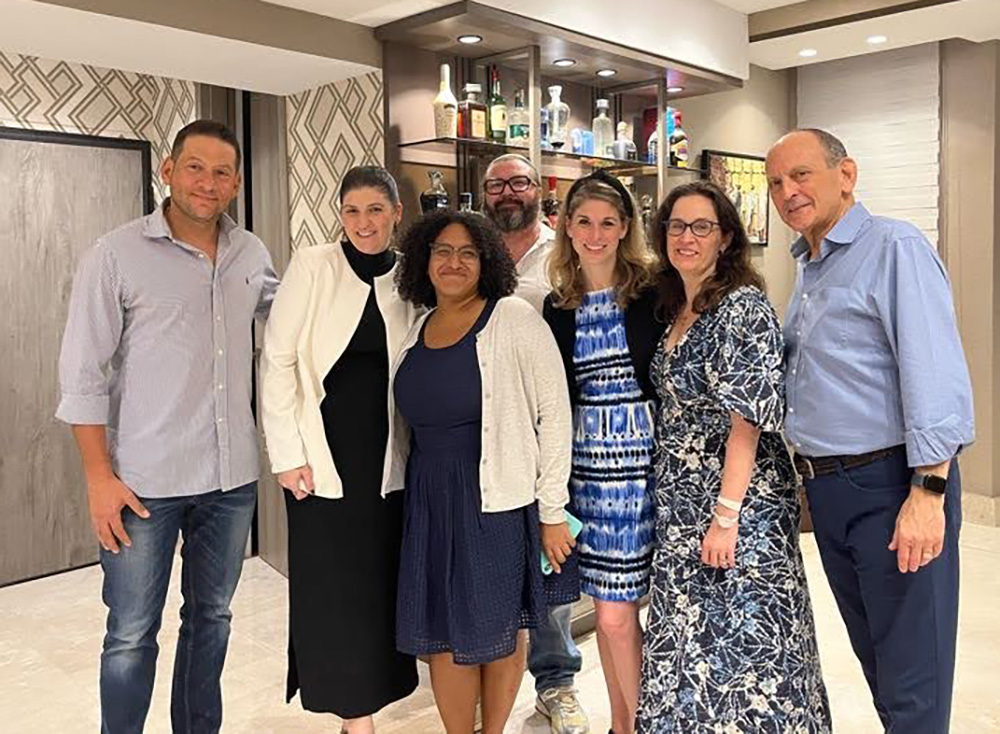
-
Friday, October 17
More information coming soon!
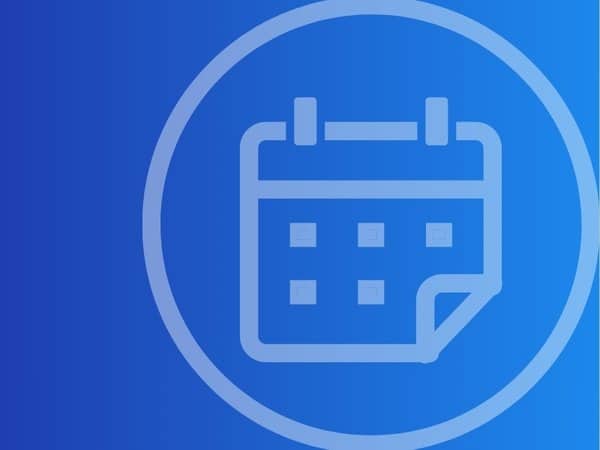
-
Sunday, October 19
Celebrate Sukkot with TRS! Join us for a joyful Sukkot weekend filled with community, music, food, and ritual. Sunday, October 5 11:00 AM – Sukkah Raising: No skills required—just bring […]
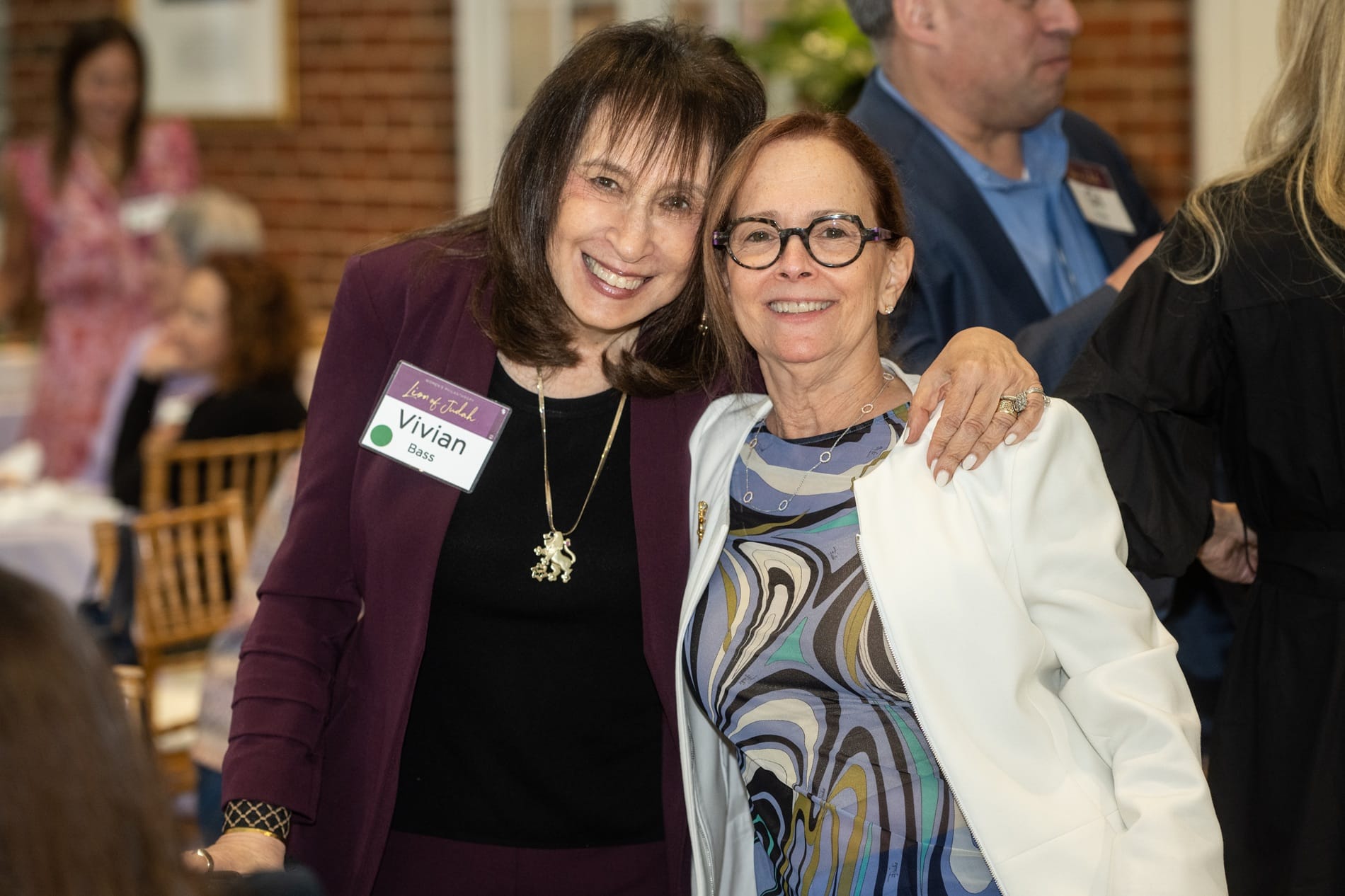
-
Across Greater Washington
-
Sunday, October 19
Join us for our Women’s Philanthropy Gatherings where passion meets purpose and community comes alive. We will come together in neighborhoods across Greater Washington to connect on our shared values […]
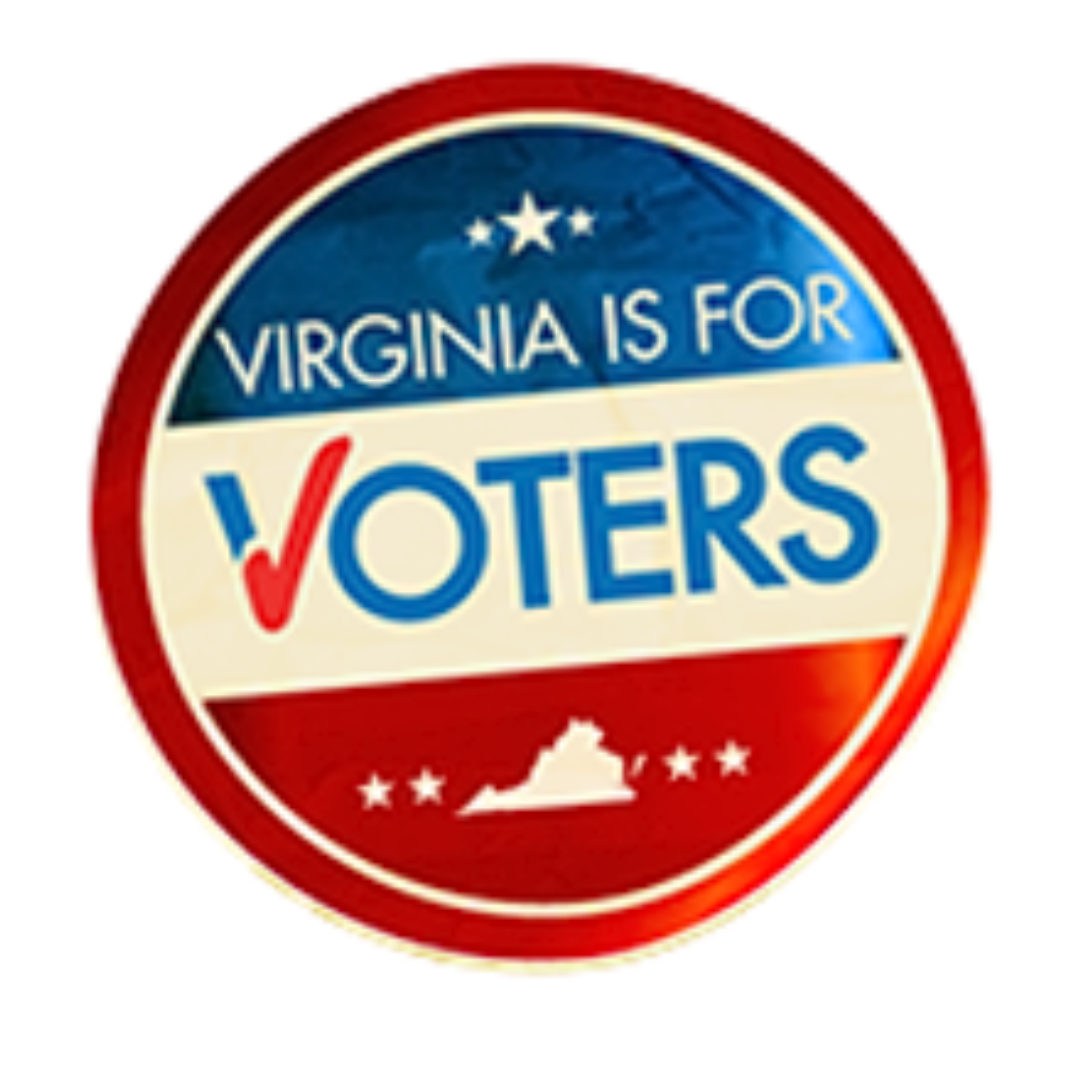
-
Kol Ami: Northern Virginia Reconstructionist Community
-
Sunday, October 19
Learn about voter registration, candidates, local referendums, and ways you can help get out the vote.
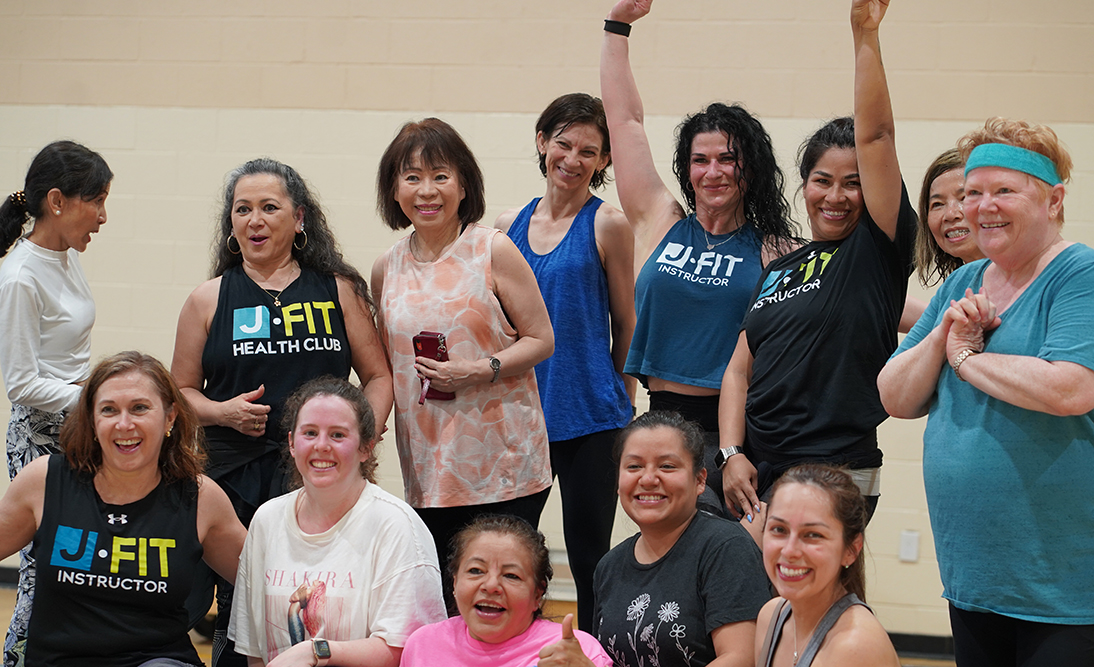
-
Pozez JCC of Northern Virginia
-
Sunday, October 19
Join us for a two-hour Fall Zumbathon! Get ready to move and groove to high-energy tunes with friends and family.
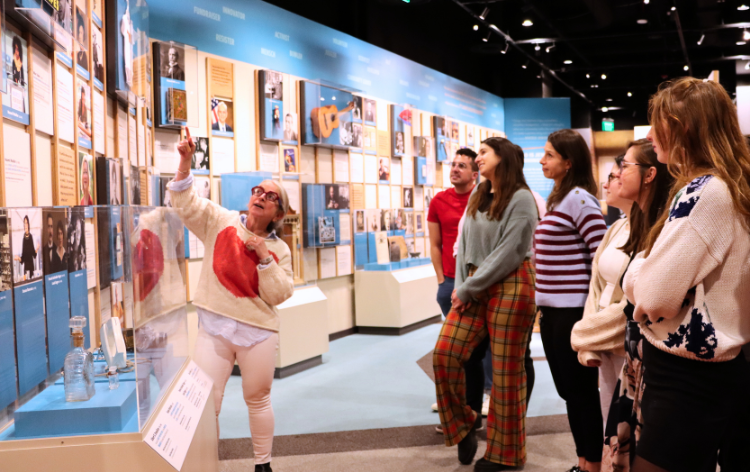
-
Capital Jewish Museum
-
Sunday, October 19
The tour includes an introduction, What is Jewish Washington?, the Historic Sanctuary (1876) with a film about early Jewish Washington, and a chance to connect, reflect, and act.
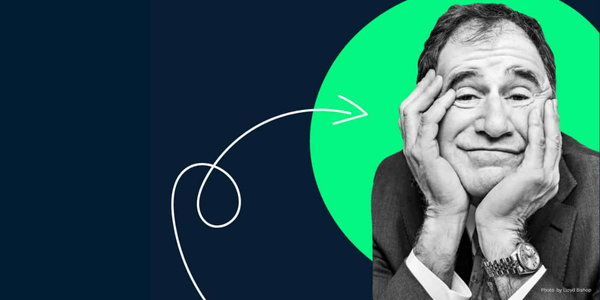
-
Edlavitch DCJCC
-
Sunday, October 19
Beloved actor and comic voice of unease Richard Kind joins Capital J and the Edlavitch DC JCC for a lively conversation about storytelling, humor, and the enduring power of Jewish […]
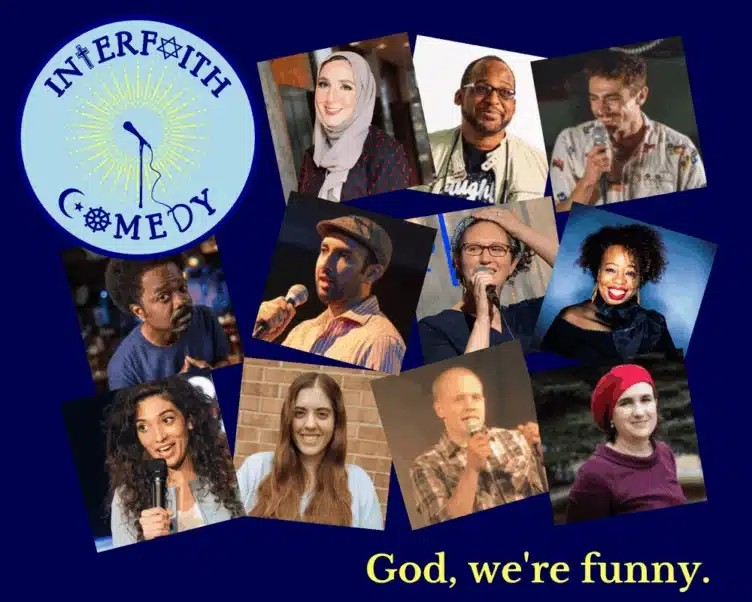
-
Bender JCC of Greater Washington
-
Sunday, October 19
Hilarious, heartwarming comedy (from InterfaithComedy.com) that brings together voices from across our community.
